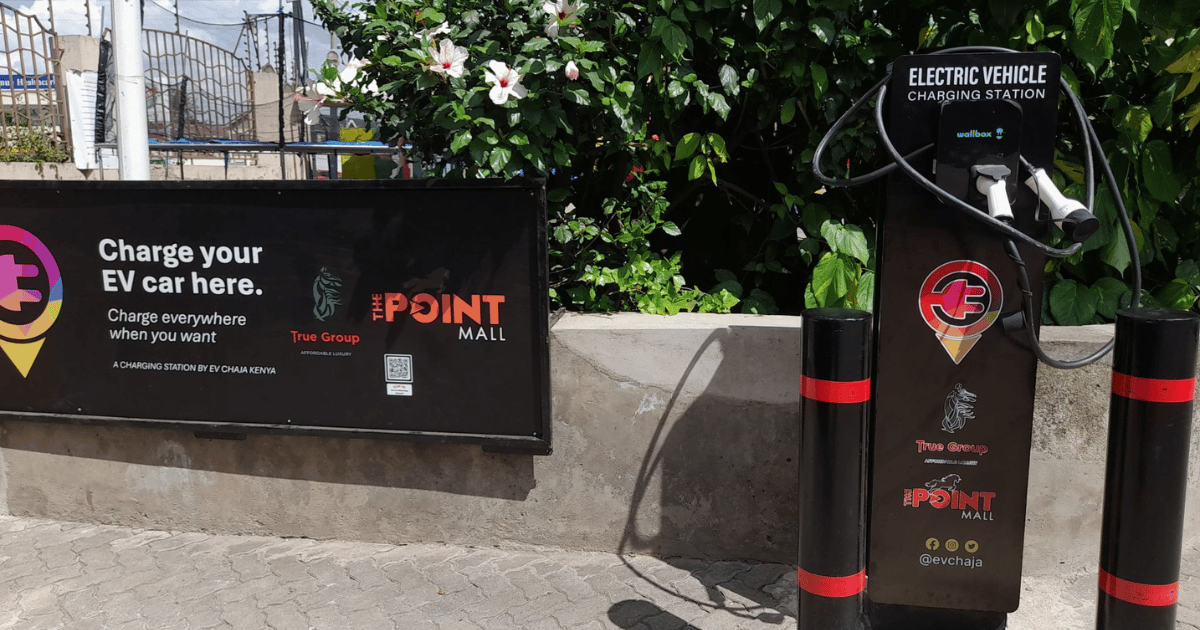- Mobility Rising
- Posts
- Kenyan charging prices rise for a second month
Kenyan charging prices rise for a second month

From the newsletter
The average cost of charging an electric vehicle in Kenya increased slightly in July, according to a survey by Mobility Rising. We collect charging data monthly from at least three leading companies each in Kenya, South Africa and Nigeria, these being key markets in Africa. The data shows that charging prices in Kenya rose by 0.7% in July compared to an increase of 2% recorded in our June survey.
We track the cost of charging electric cars at major charging stations in each country. Some companies charge per unit of electricity, while others charge per minute. We also track the cost of battery swapping for electric motorcycles, priced per swap.
In both Kenya and Nigeria, power utility prices are adjusted monthly. This leads to fairly frequent changes in charging prices compared to South Africa, where national electricity prices change annually.
More details
Drivelectric, one of the leading charging companies in Kenya, has raised prices for four months in a row. The company charged Ksh 45 ($0.34) per unit in April, but has gradually raised prices to Ksh 56 ($0.43) in July. On the other hand, one of its close competitors, EVChaja, has slightly eased prices from Ksh 53 ($0.4) per unit to Ksh 51 ($0.39) during the same period.
During the period, we also tracked swapping prices from three major companies in Kenya; ARC Ride, Ampersand and Spiro. Unlike charging prices, swapping prices have largely remained stable. Spiro has the highest swapping cost of Ksh 290 ($2.24) per swap, while both ARC Ride and Ampersand charge Ksh 260 ($2).
In Nigeria, charging prices have remained stable for three months, giving EV users predictability at charging and swapping stations. Qoray Mobility charges 20,000 Naira ($13.12) to fully charge an electric car using its DC fast chargers, the same price as in May and June. At the same time, Max and Slitech charge 2,500 Naira ($1.64) and 1,500 Naira ($0.98) respectively for an electric motorcycle battery swap.
South Africa’s charging prices fall in the same range with Kenya’s. Rubicon charges 8.24 Rand ($0.45) per unit for its DC chargers, while GridCars, the country’s largest charging company, charges 5.88 Rand ($0.32). Meanwhile, Charge, which uses solar-powered off-grid charging stations, charges 6.7 Rand ($0.37) per unit.
Africa’s EV charging market is growing fast, with its valuation growing from $31.93 million in 2022 with projections to reach $256.53 million by 2030. However, this growth is expected to be mainly driven by a handful of major EV markets, particularly South Africa, Morocco, Egypt and Ethiopia.
Charging companies on the continent are also raising significant capital, underlining the industry’s potential. For example, South Africa’s Charge and Kenya’s ARC Ride in May raised significant funding ($5.5 million and $5 million respectively) to scale their networks. Continued inflow of capital into the industry will accelerate its growth.
Our take
With price volatility in Kenya becoming evident like Driveelectric’s repeated hikes and EVChaja’s price cuts, charging companies will likely differentiate through pricing strategies, reliability, or tech features. We could see mergers, acquisitions, or strategic partnerships to gain scale and stabilize prices.
Given the relative stability in swapping costs, especially for electric motorcycles, more companies and users may shift toward battery-as-a-service (BaaS) models, especially in urban centers with high delivery and motorcycle use.
The success of recent funding rounds for ARC Ride and Charge will likely attract more investor attention, especially from climate-focused funds, multilateral lenders, and mobility VCs. This capital will be crucial for expanding charging and swapping stations across underserved regions.